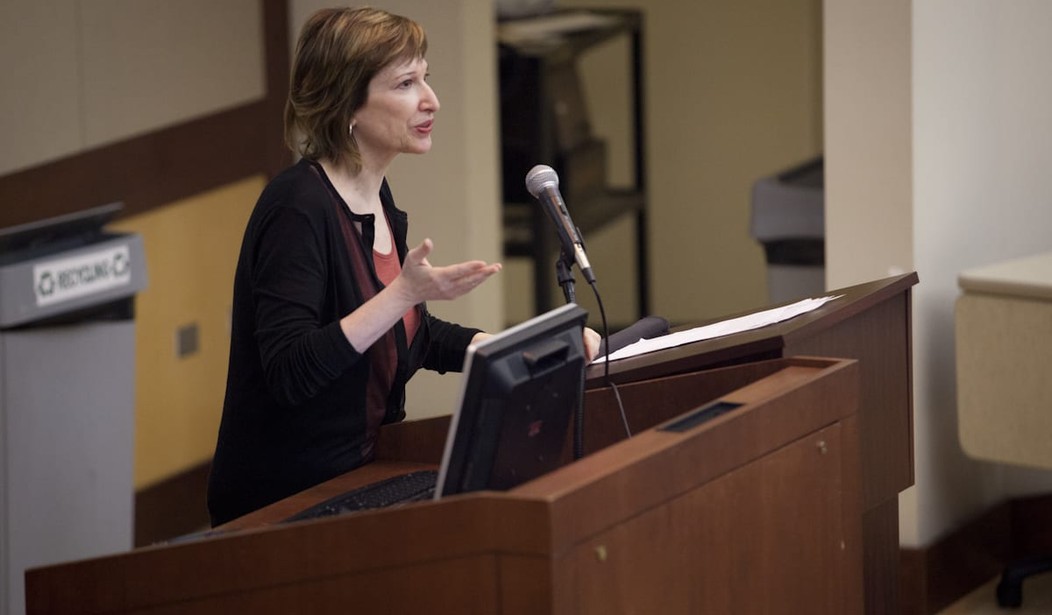Professor Laura Kipnis is an unlikely opponent of Title IX. However, the self-described liberal had to fend off two Title IX investigations herself, and is now a vocal critic of the law.
She’s also authored a book titled Unwanted Advances, in which Kipnis describes the case of a fellow professor targeted by a Title IX witch hunt who was not able to successfully defend against it.
Now, a group of professors and students are claiming Kipnis broke the law when she authored the book:
While the book has earned praise from reviewers at The New York Times and the Chicago Reader, some professors and graduate students have disputed Kipnis’s polemic.
The Philosophy Graduate Student Association accused Kipnis of “the unauthorized exposure of private information and reckless, unfounded speculation about a junior member of the academy” — the graduate student who accused Ludlow — in a Daily Northwestern op-ed Sunday.
Kipnis violated the Family Educational Rights and Privacy Act by including material that “appears to be part of our colleague’s educational record,” but even if it’s not, Kipnis still shared “very private details about an individual’s life” without her permission or “opportunity to comment,” they wrote.
Kipnis paints a picture of their colleague “that is often unrecognizable to us,” according to the letter. “For instance, the conjecture that our colleague’s Title IX filing against a faculty member in our department was motivated by a desire for revenge is implausible to all of us who have gotten to know this compassionate, conscientious and diligent student.”
The letter notes that it was submitted in the association’s name following a “majority vote.”
Kipnis told The College Fix Monday that the Daily didn’t ask for her response to the graduate students’ allegations before publishing their letter.
However, the problem with these claims from the esteemed “Philosophy Graduate Student Association” — and who wouldn’t want to be part of that crew — is that Kipnis used pseudonyms throughout the book.
Kipnis was clearly concerned with doing her diligence to protect the identity of the student in question. Further — as Kipnis points out herself — it’s unlikely the student in question would have consented to an interview, although an interview would not have been relevant to the book, anyway. The book focused on the possibly vindicating information which was left out of the investigation. The investigation destroyed a man’s career; Kipnis argues that the information should have led to a different outcome.
And frankly, you’d think a group such as the PGSA would be experts on irony.
Yet here we have them complaining about Kipnis’ supposed failure to give someone an opportunity to defend against allegations, and GEE THAT SITUATION SOUNDS FAMILIAR.
Kipnis is experiencing what many on the right have through the years. As Kipnis put it, they’re “eager to bend federal power to silence someone with views they don’t approve of.” The Left uses the law as a bludgeon, and re-interprets the law for its own benefit — the “living” Constitution idiocy. Hopefully Kipnis soon puts it all together and abandons the power-hungry, subjective Left entirely.









Join the conversation as a VIP Member